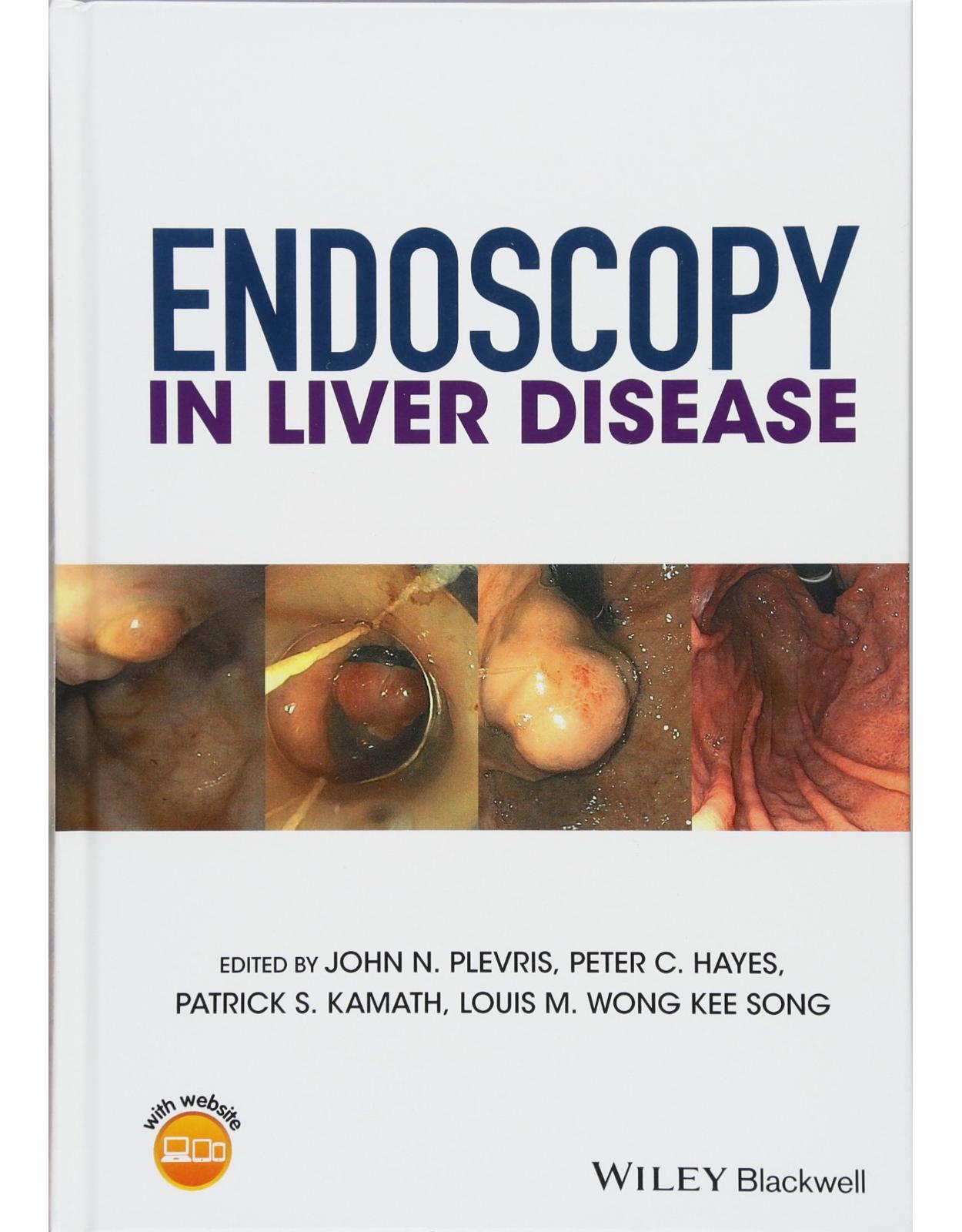
Endoscopy in Liver Disease
Livrare gratis la comenzi peste 500 RON. Pentru celelalte comenzi livrarea este 20 RON.
Disponibilitate: La comanda in aproximativ 4-6 saptamani
Editura: Wiley
Limba: Engleza
Nr. pagini: 360
Coperta: Hardcover
Dimensiuni: 17.27 x 2.29 x 25.65 cm
An aparitie: 15 Dec. 2017
Description:
Liver disease is an increasingly common cause of mortality, and its management is often complex and challenging. Endoscopy has in recent times undergone a period of rapid progress, with numerous novel and specialized endoscopic modalities that are of increasing value in the investigation and management of the patient with liver disease. As the technology in endoscopy expands, both as a diagnostic and interventional procedure, so does the role of the endoscopist in liver disease.
This full colour book and companion website offer a comprehensive guidance as to when, why, and how to perform endoscopy to best manage your patients.
Brings together two key areas - liver disease and endoscopy - into one expert clinical textbook
Covers the entire spectrum of clinical problems that gastroenterologists and endoscopists face while managing patients with liver disease
Includes the latest management guidelines from the key international societies, such as the ASGE, AASLD, EASL and BSG
Well illustrated with over 150 high-quality colour images
11 high-quality videos illustrating optimum endoscopy practice, all clearly referenced in the text
An indispensable tool for all gastroenterologists, hepatologists and endoscopists, Endoscopy in Liver Disease is perfect for learning how to perform endoscopy safely and effectively in the patient population with liver disorders.
Table of Contents:
1 Equipment, Patient Safety, and Training
Introduction
Equipment
Patient Safety and Training
Acknowledgment
References
2 Sedation and Analgesia in Endoscopy of the Patient with Liver Disease
Introduction
Midazolam
Propofol
Opiate Analgesics
Combination Therapy
Emergency Therapeutic Endoscopy
Unsedated Endoscopy
Conclusion
References
3 Endoscopy in the Setting of Coagulation Abnormalities in the Patient with Liver Disease
Introduction
Coagulation Mechanism
Measuring the Bleeding Risk in Liver Disease: Knowns and Unknowns
Prophylactic Interventions: Advantages and Disadvantages
Relative Risk of Endoscopic Procedures
Rescue Approach
Conclusion
References
4 Varices
Introduction
Natural History of Varices
Variceal Screening and Staging
Primary Prophylaxis of Esophageal Varices
Gastric Varices
Conclusion
References
5 Endoscopic Management of Acute Variceal Bleeding
Introduction
Pathophysiology of Variceal Bleeding
Definitions
General Treatment Measures
Pharmacological Management
Esophageal Varices
Gastric Varices
Ectopic Varices
Conclusion
References
6 Prevention of Recurrent Bleeding from Esophageal Varices
Introduction
Natural History, Prognosis, and Rationale for Therapy
Risk Stratification in Secondary Prophylaxis
Therapies for Secondary Prophylaxis of Variceal Bleeding
Rescue Therapy when Standard Treatment Fails
Special Situations
Gastric Varices
References
7 Refractory Variceal Bleeding
Introduction
Rescue Therapies
High Risk Patients: Strategies to Prevent Rebleeding
Conclusion
References
8 Portal Hypertensive Gastropathy and Gastric Vascular Ectasia
Introduction
Portal Hypertensive Gastropathy
Gastric Vascular Ectasia
Conclusion
References
9 Portal Hypertensive Enteropathy and Obscure Gastrointestinal Bleeding
Introduction
Epidemiology of Obscure Gastrointestinal Bleeding in Patients with Portal Hypertension
Small Bowel Evaluation in Patients with Portal Hypertension and Obscure Gastrointestinal Bleeding
Therapy
Portal Hypertensive Colopathy
Conclusion
References
10 Endoscopic Management of Upper Gastrointestinal Pathology in the Patient with Liver Disease
Introduction
Barrett’s Esophagus
Gastroesophageal Reflux Disease
Celiac Disease
Esophageal Strictures
Peptic Ulcer Disease
Non‐Variceal Upper Gastrointestinal Bleeding
Conclusion
References
11 Colonoscopic Screening and Surveillance in the Patient with Liver Disease (Including Post‐Transplant)
Introduction
Screening Colonoscopy in Average Risk Populations
Surveillance for Colorectal Neoplasia
Bowel Preparation in Patients with Liver Disease
Sedation in Patients with Liver Disease Undergoing Colonoscopy
Colonoscopic Findings in Liver Disease
Risks of Colonoscopy and Polypectomy in Liver Disease
Risk of Septicemia After Colonoscopy in Patients with Ascites
Colorectal Neoplasia in Primary Sclerosing Cholangitis
Liver Transplantation
Conclusion
References
12 Endoscopic Retrograde Cholangiopancreatography and Cholangioscopy in Hepatobiliary Disease
Introduction
General Aspects of Endoscopic Retrograde Cholangiopancreatography and Cholangioscopy
General Endoscopic Retrograde Cholangiopancreatography Techniques in Patients with Chronic Liver Disease
Diseases Associated with Biliary Obstruction or Damage in Chronic Liver Disease
Cholangioscopy
References
13 Endoscopic Ultrasound in the Diagnosis of Hepatobiliary Malignancy
Introduction
Endoscopic Ultrasound in Cholangiocarcinoma
Endoscopic Ultrasound and Hepatic Lesions
Conclusion
References
14 Endoscopic Ultrasound Guided Biliary Drainage
Introduction
Techniques
Outcomes
Comparison of Different Techniques
Endoscopic Ultrasound Guided Biliary Drainage in Patients with Pre‐Existing Duodenal Stents
Endoscopic Ultrasound Guided Biliary Drainage in Patients with Hepaticoduodenostomy
Endoscopic Ultrasound Guided Biliary Drainage Versus Percutaneous Transhepatic Biliary Drainage
Timing of Endoscopic Ultrasound Guided Biliary Drainage
Current Limitations and Recent Advances
Conclusion
Conflicts of Interest
References
15 Hepatobiliary Endoscopy in the Patient with Liver Disease and Altered Anatomy
Introduction
General Considerations
Anatomical Descriptions
Indications
Patient Positioning and Preparation
Selection of Endoscopes, Device Accessories, and General Technique
Techniques
Limitations and Complications
Conclusion
References
16 Management of Post‐Liver Transplant Hepatobiliary Complications
Introduction
Liver Transplant Anatomy
Diagnosis of Biliary Complications
Biliary Strictures
Bile Leaks and Bilomas
Bile Duct Filling Defects
Sphincter of Oddi Dysfunction and Papillary Stenosis
Special Clinical Scenarios
References
17 Endoscopic Confocal and Molecular Imaging in Hepatobiliary Disease
Introduction
Current Tools
Bile Duct
Liver
Perspective on Future Applications
Conclusion
References
18 Laparoscopy in Patients with Hepatobiliary Disease
Introduction
Assessment and Staging
Laparoscopic Intervention in Patients with Hepatobiliary Disease
Conclusion
References
Index
End User License Agreement
Read Less
| An aparitie | 15 Dec. 2017 |
| Autor | John N. Plevris, Peter C. Hayes, Patrick S. Kamath, Louis–Michel Wong Kee Song |
| Dimensiuni | 17.27 x 2.29 x 25.65 cm |
| Editura | Wiley |
| Format | Hardcover |
| ISBN | 9781118660874 |
| Limba | Engleza |
| Nr pag | 360 |
-
2,16800 lei 2,06000 lei

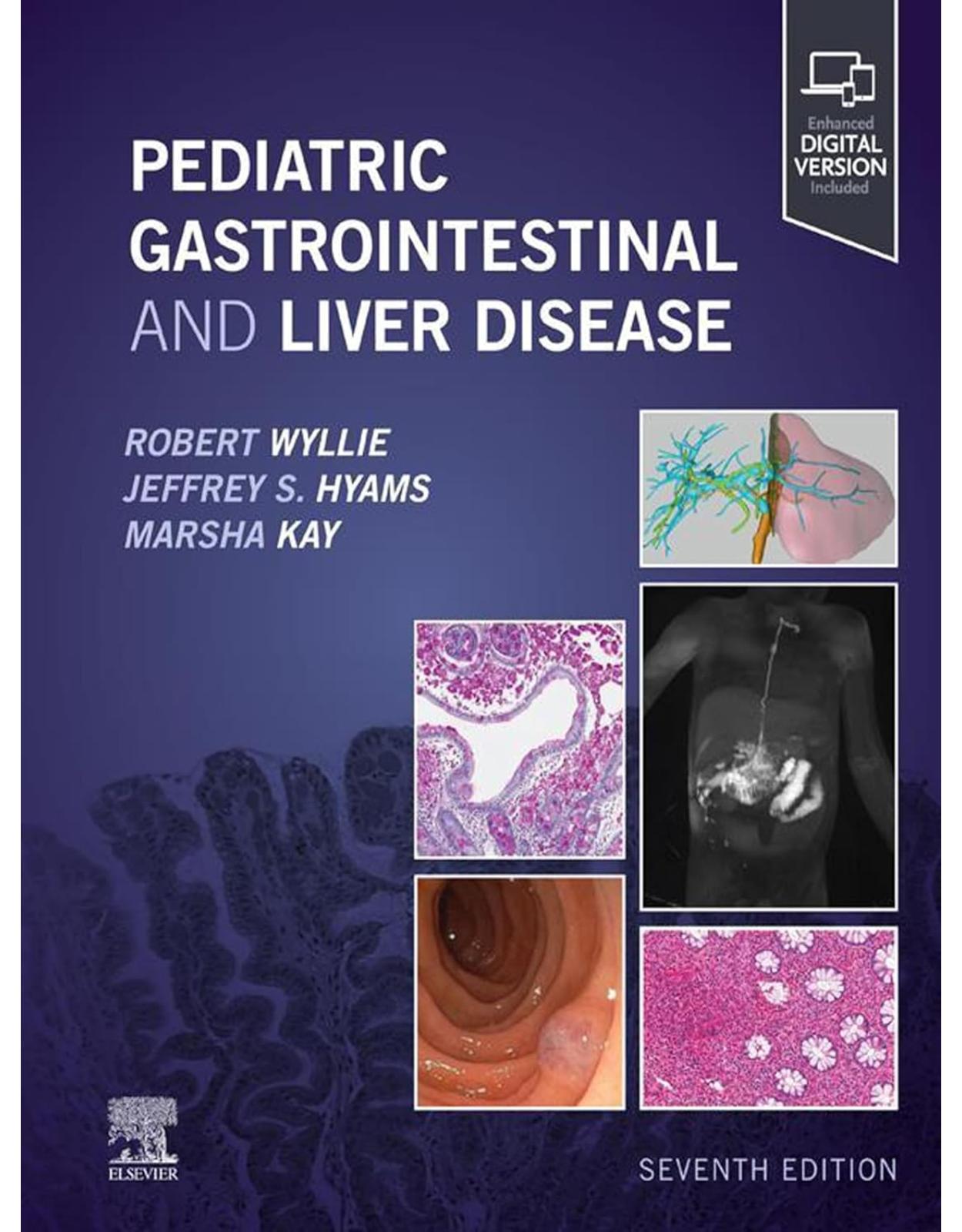
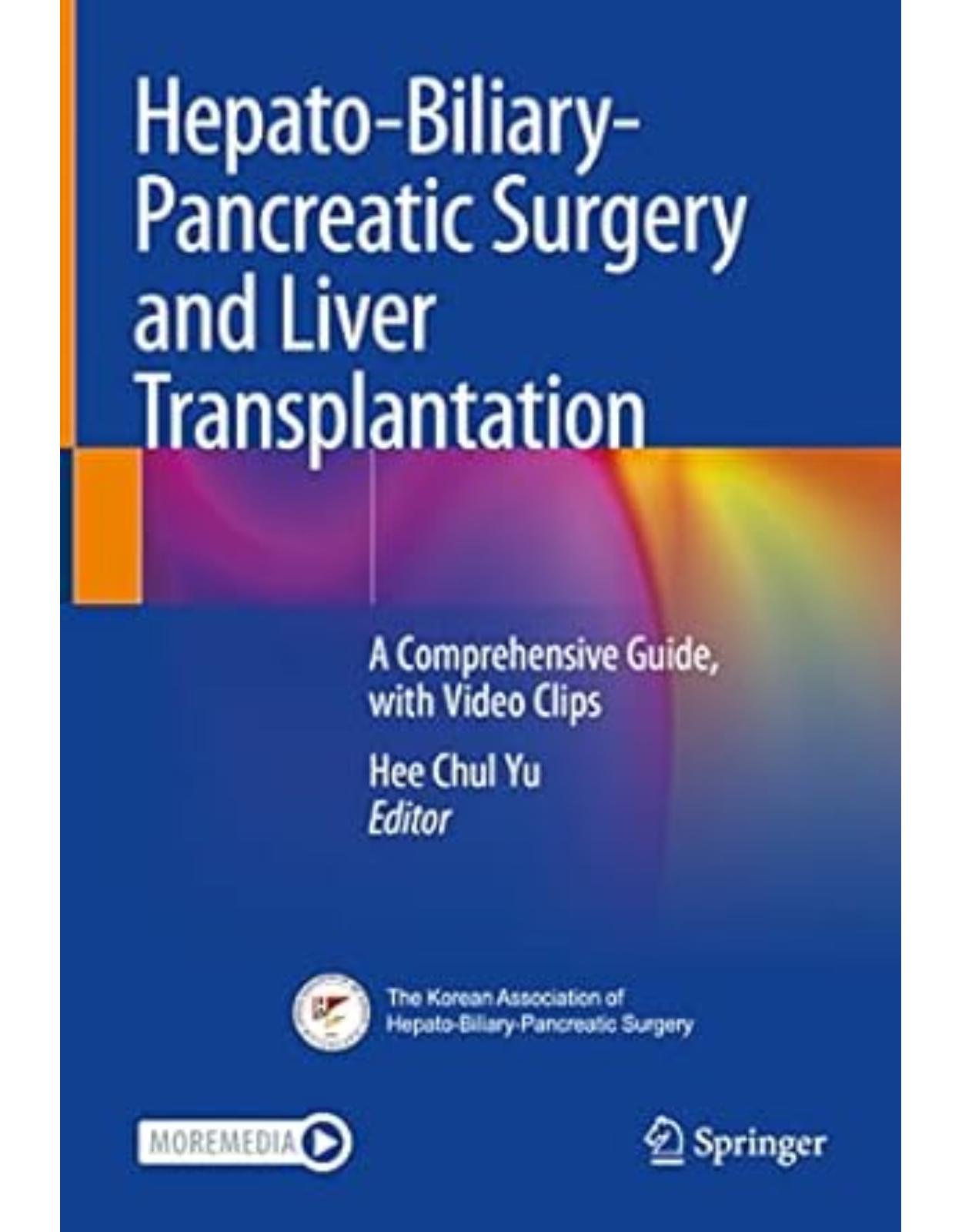
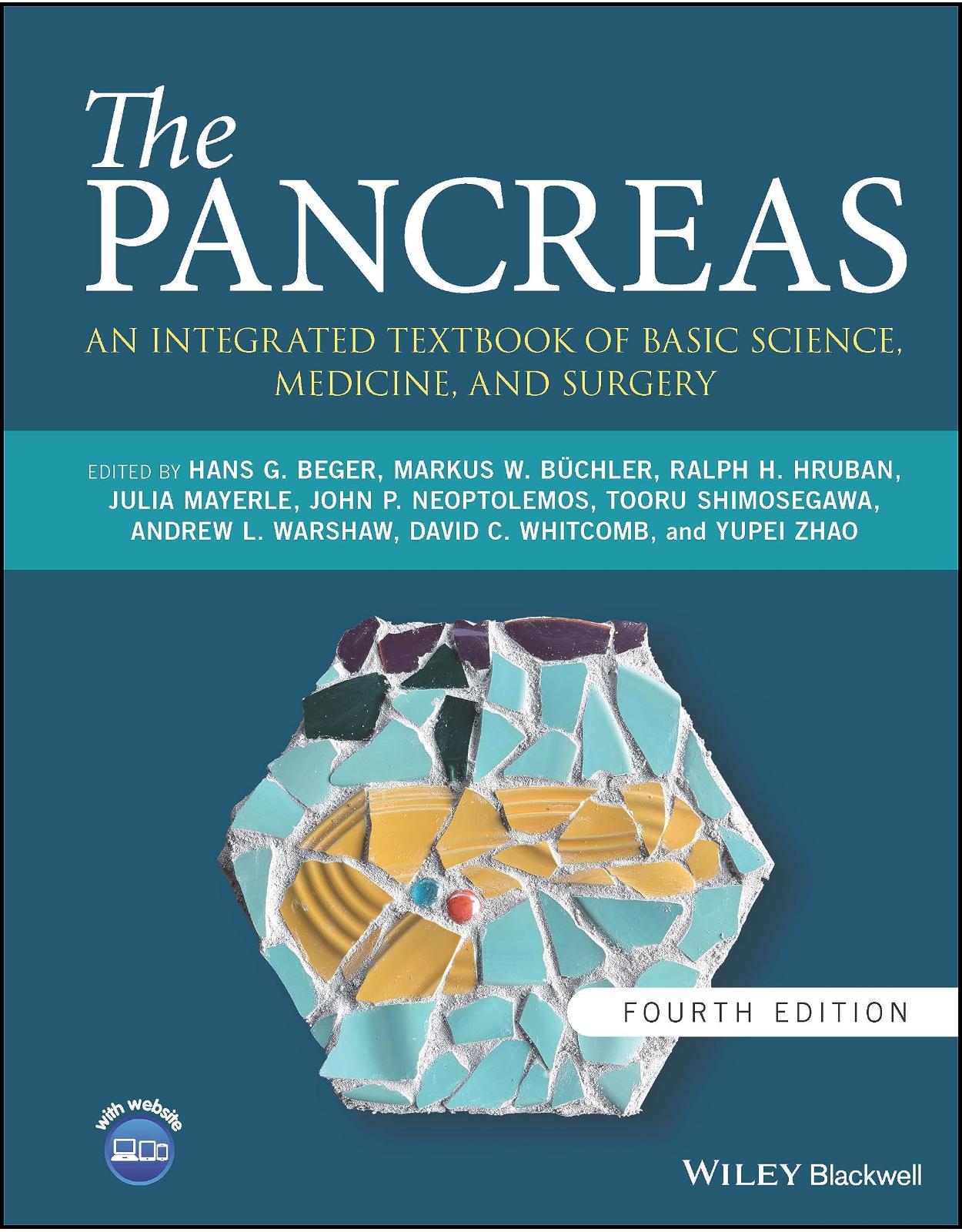
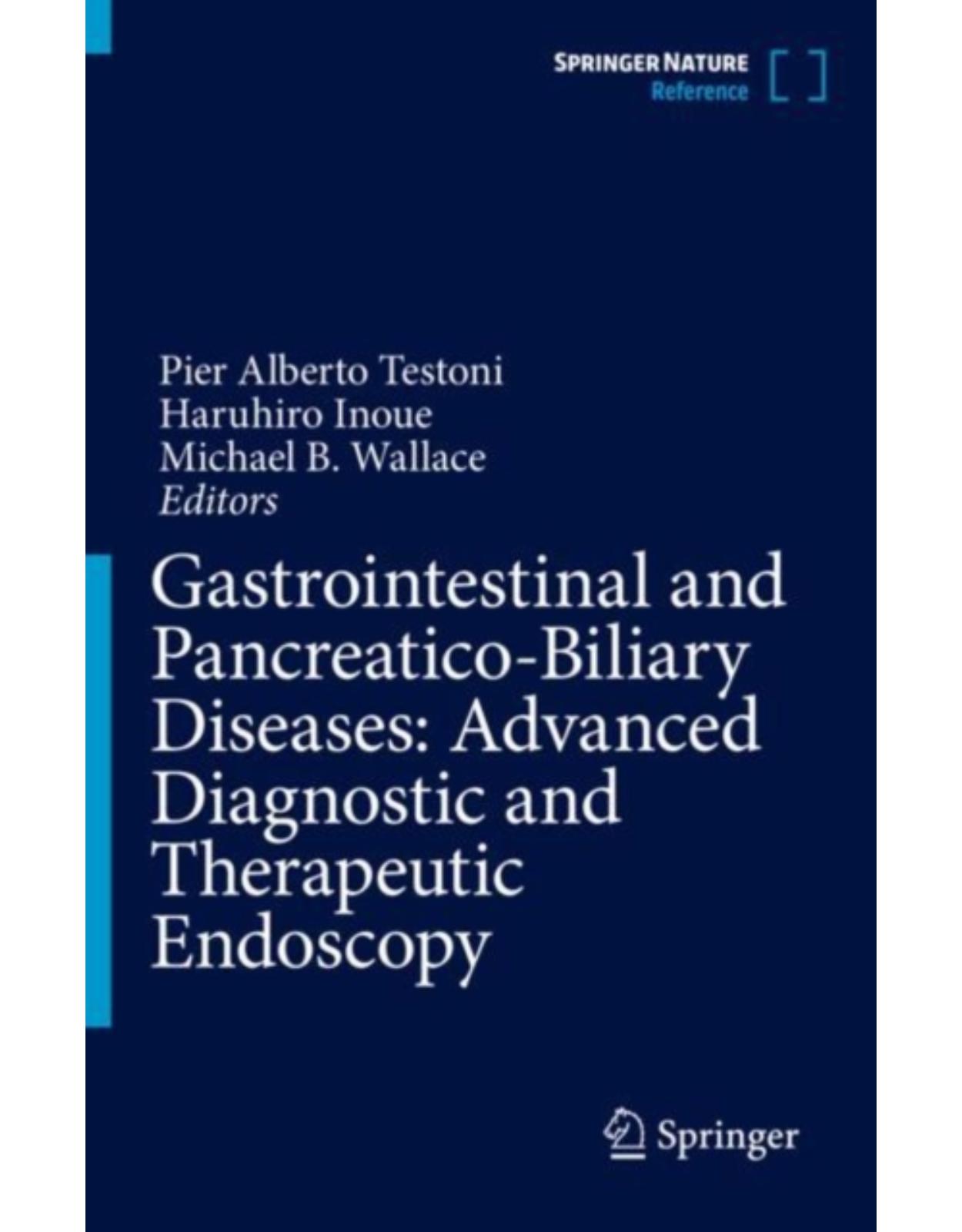
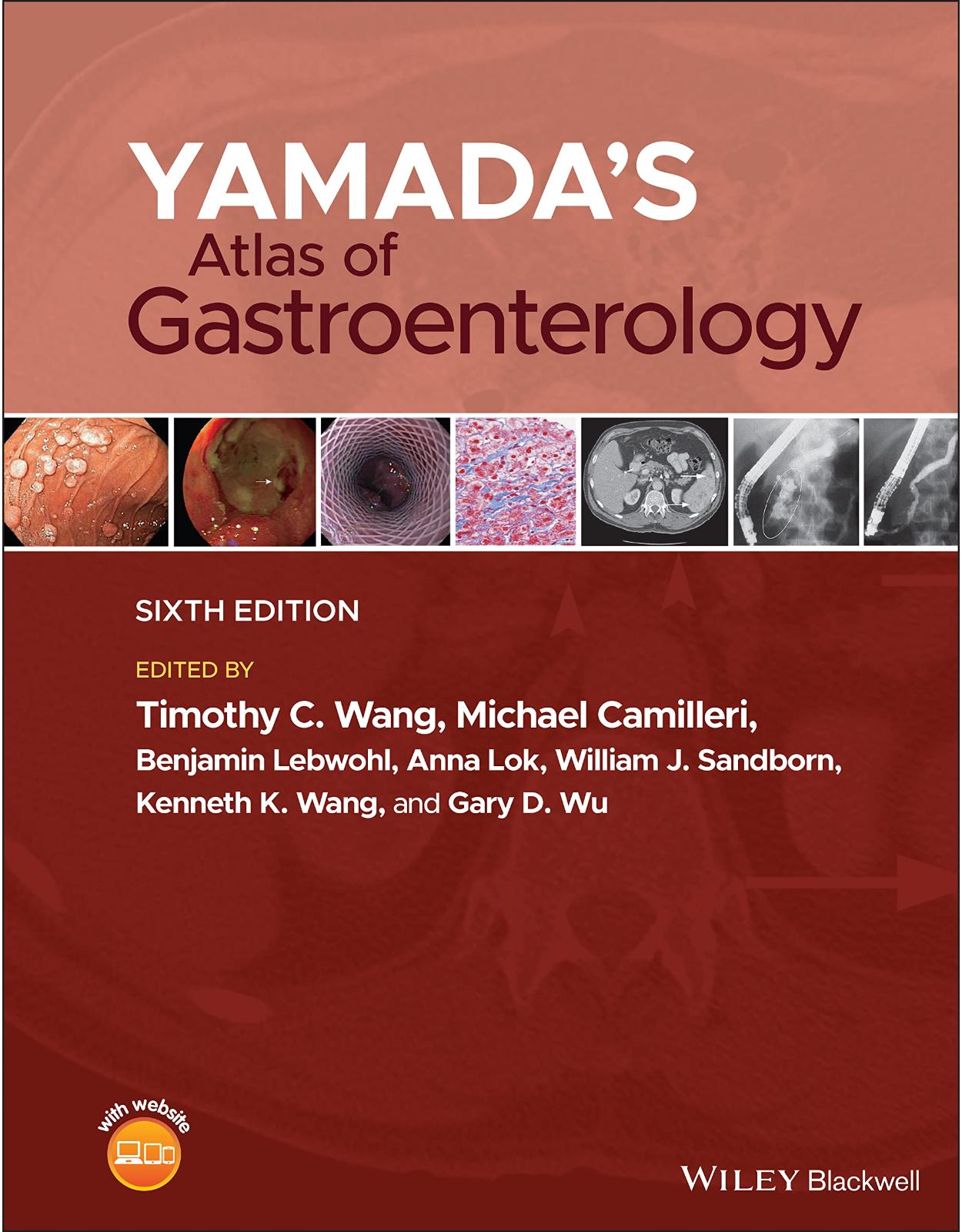
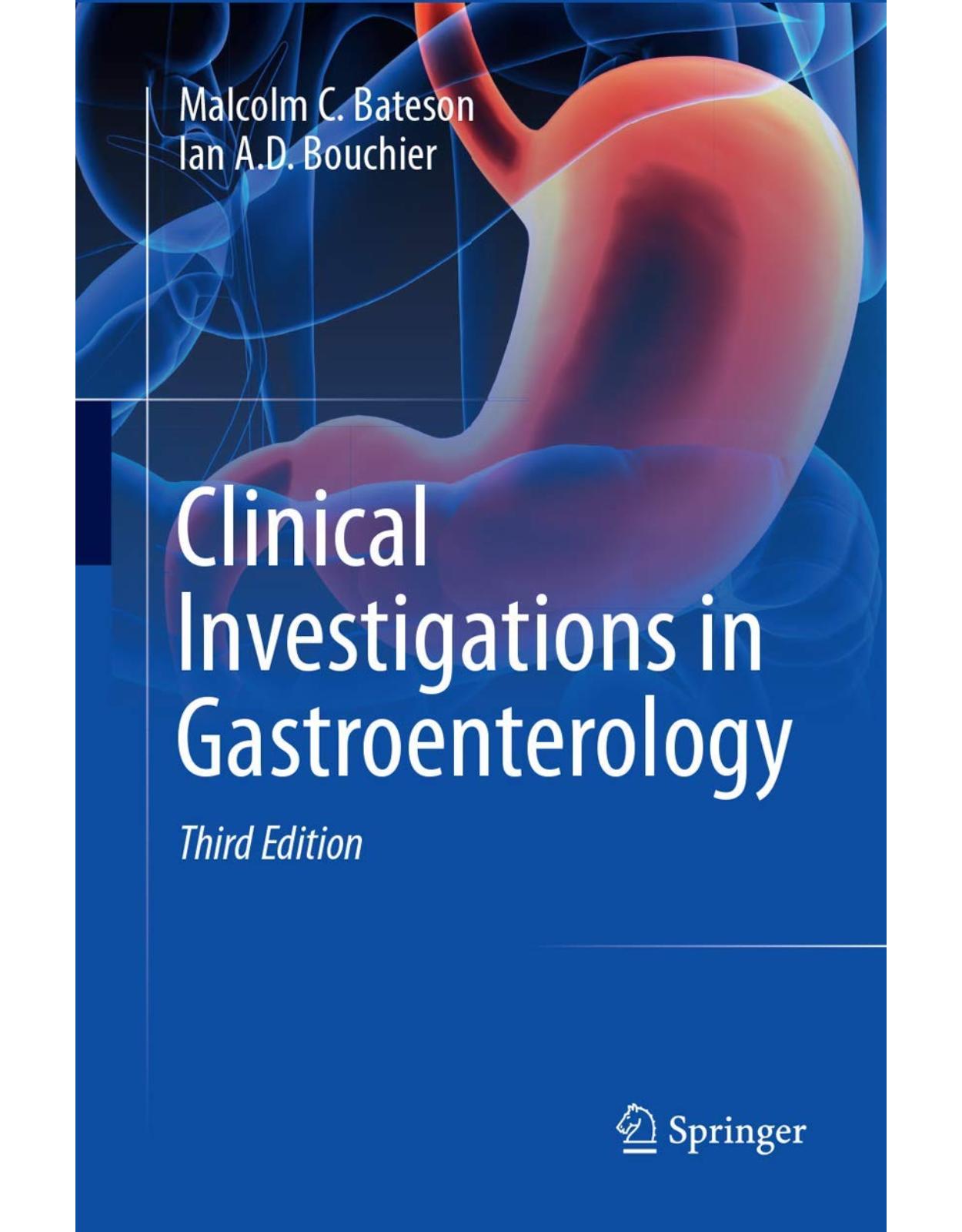
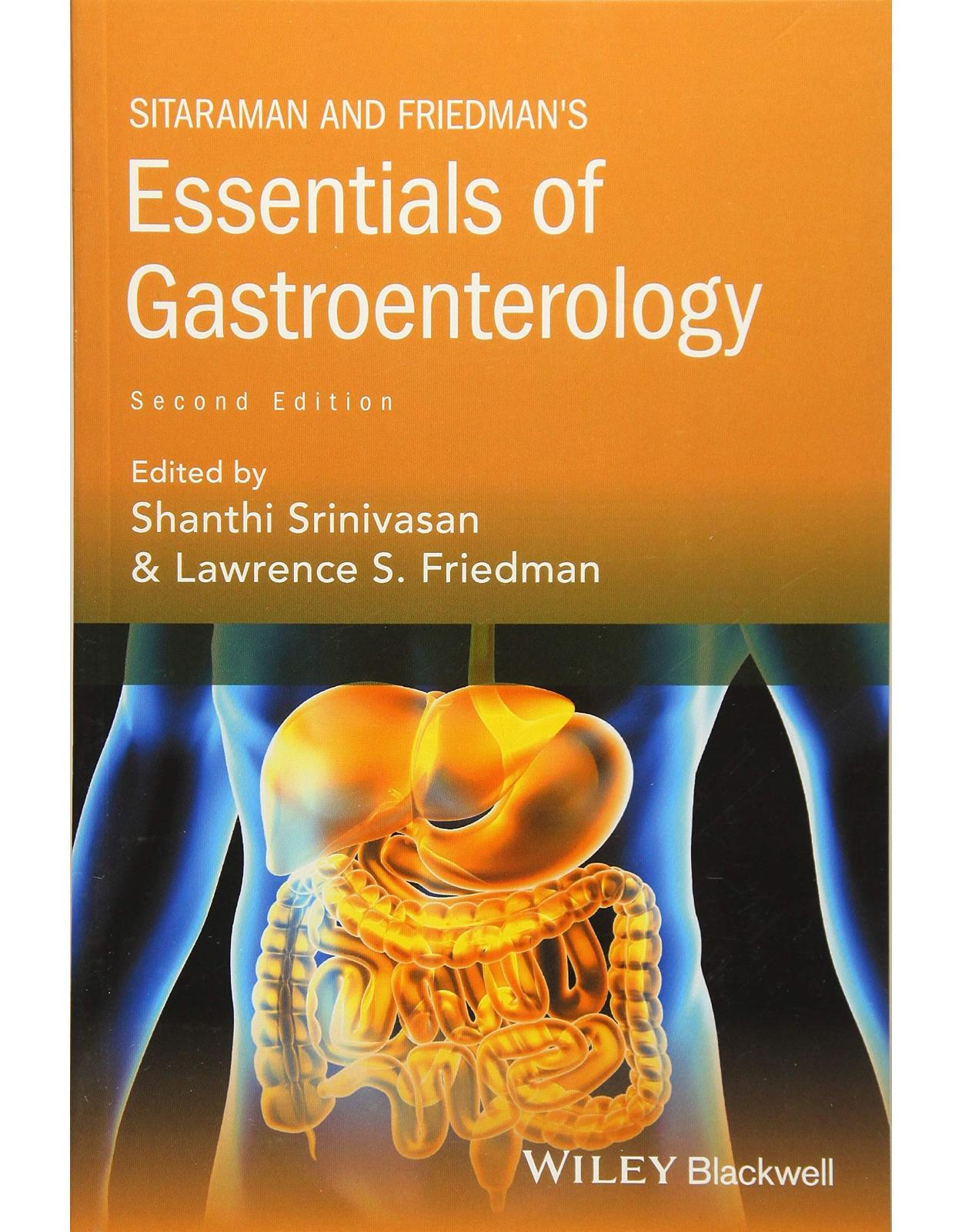
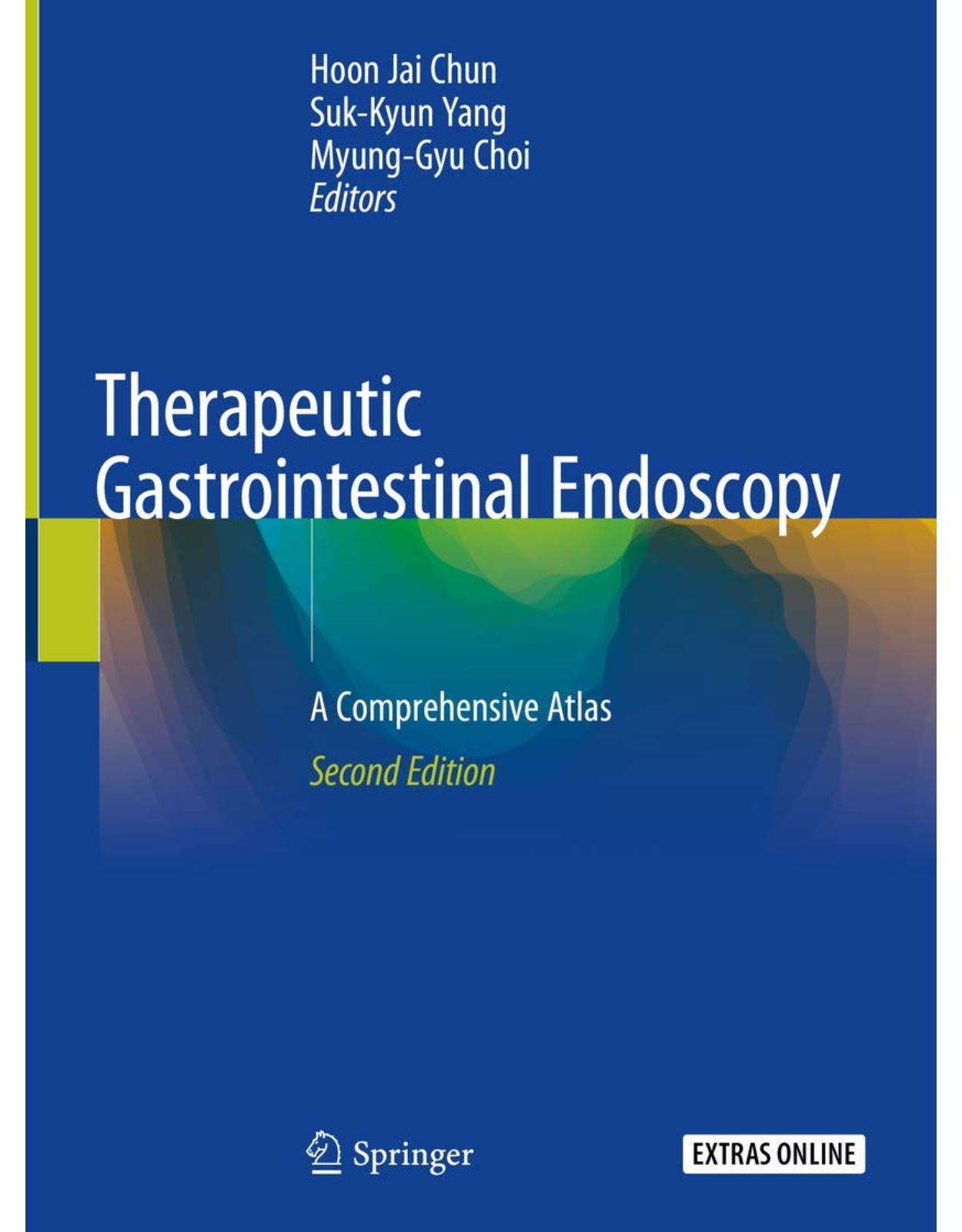
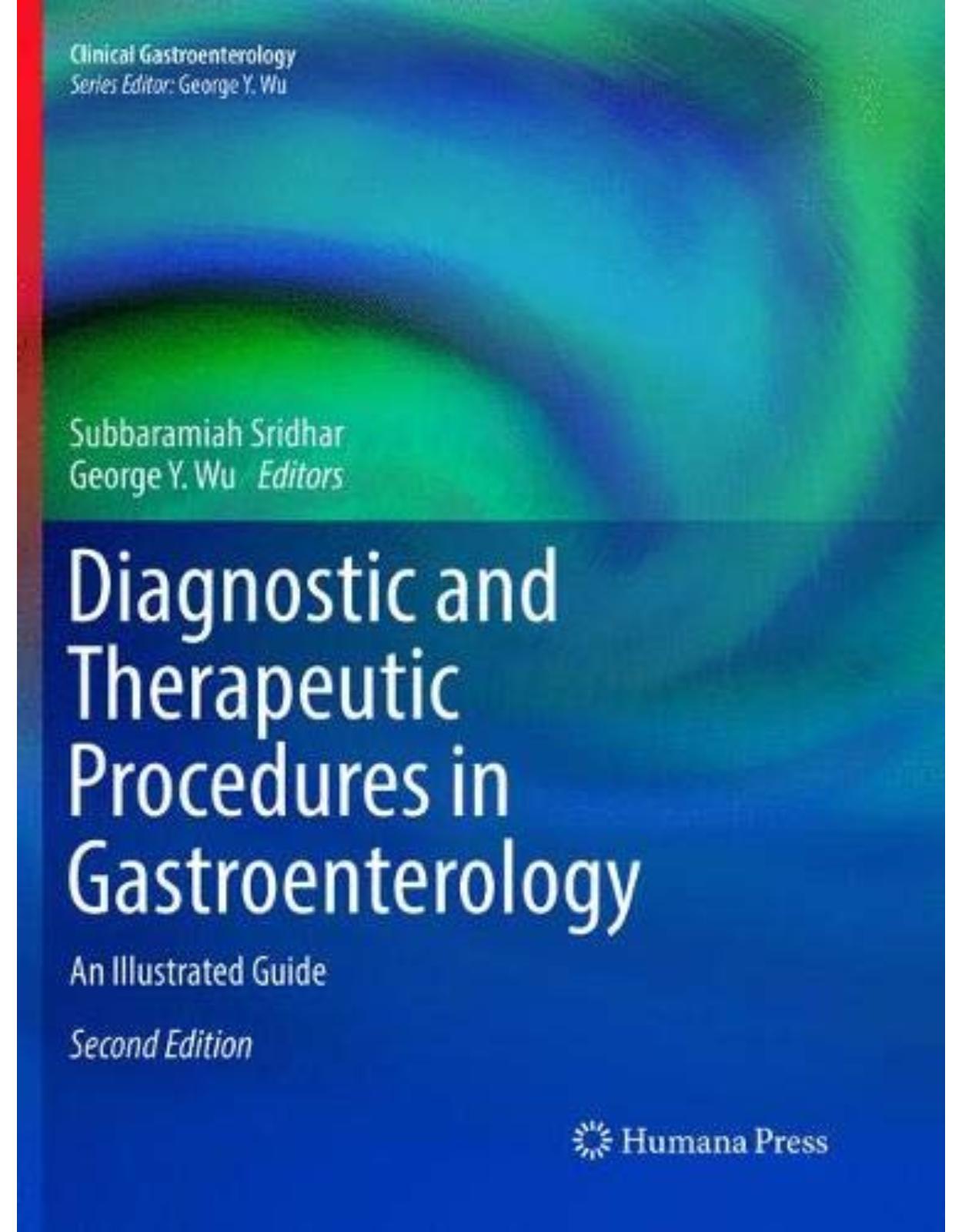
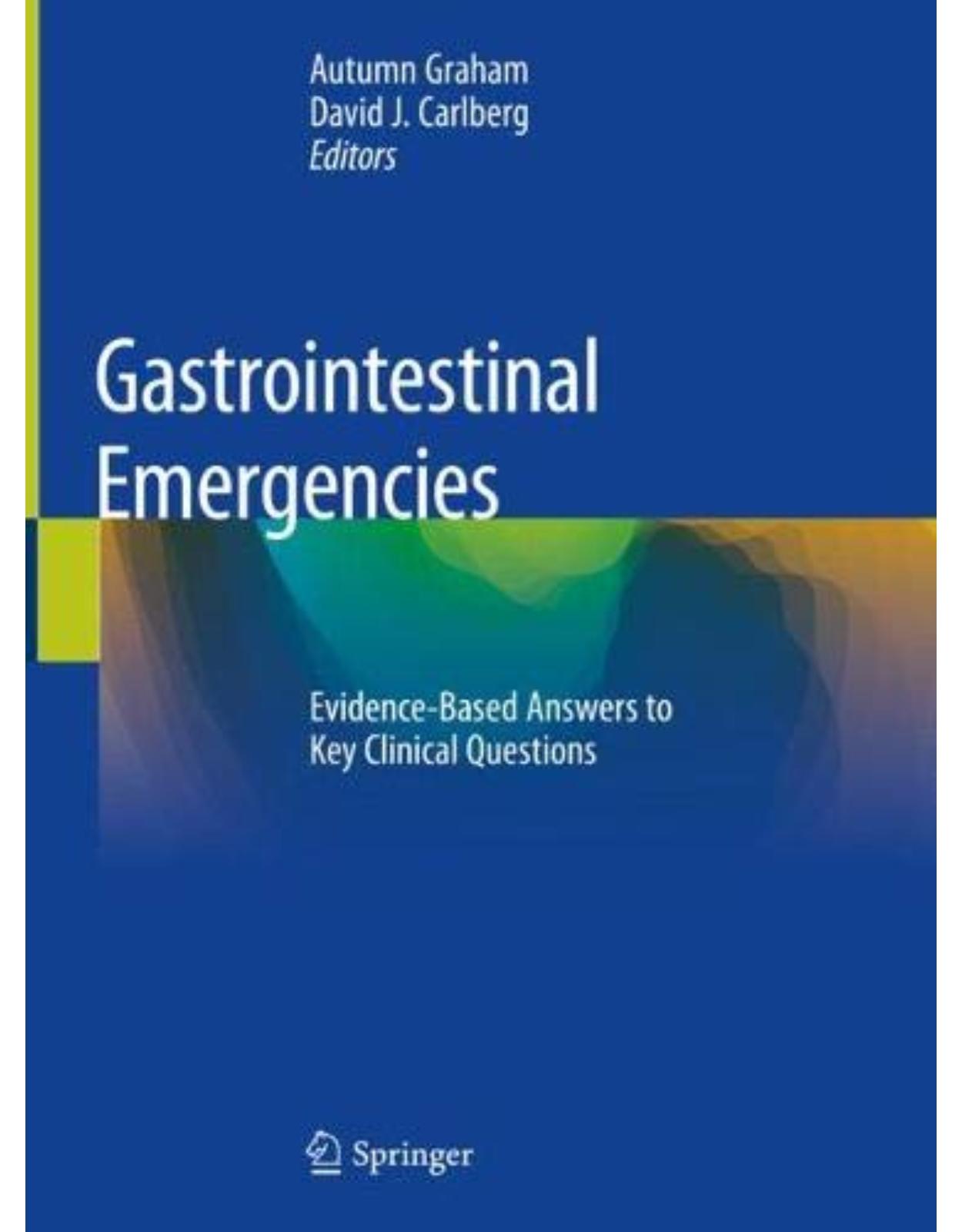
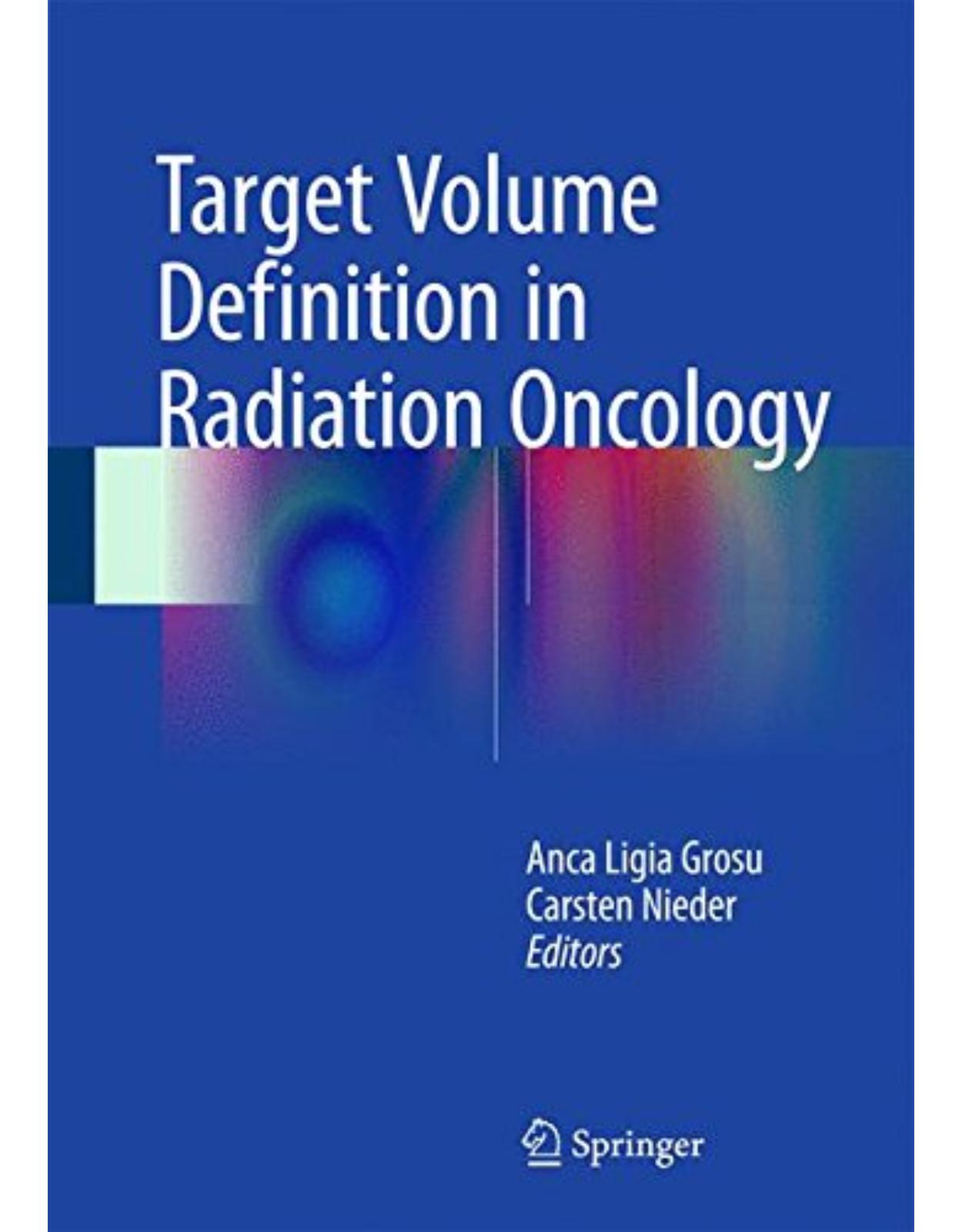
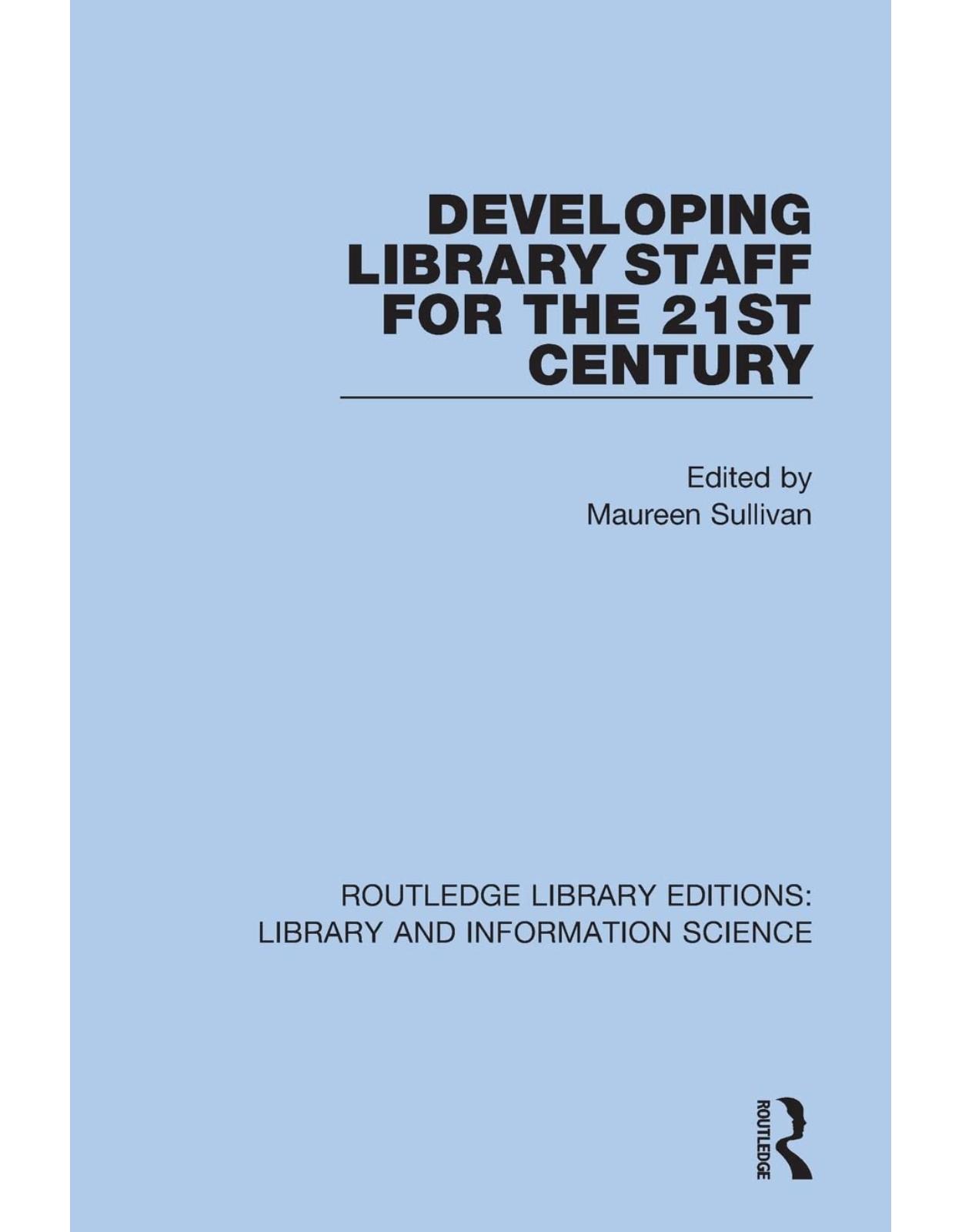

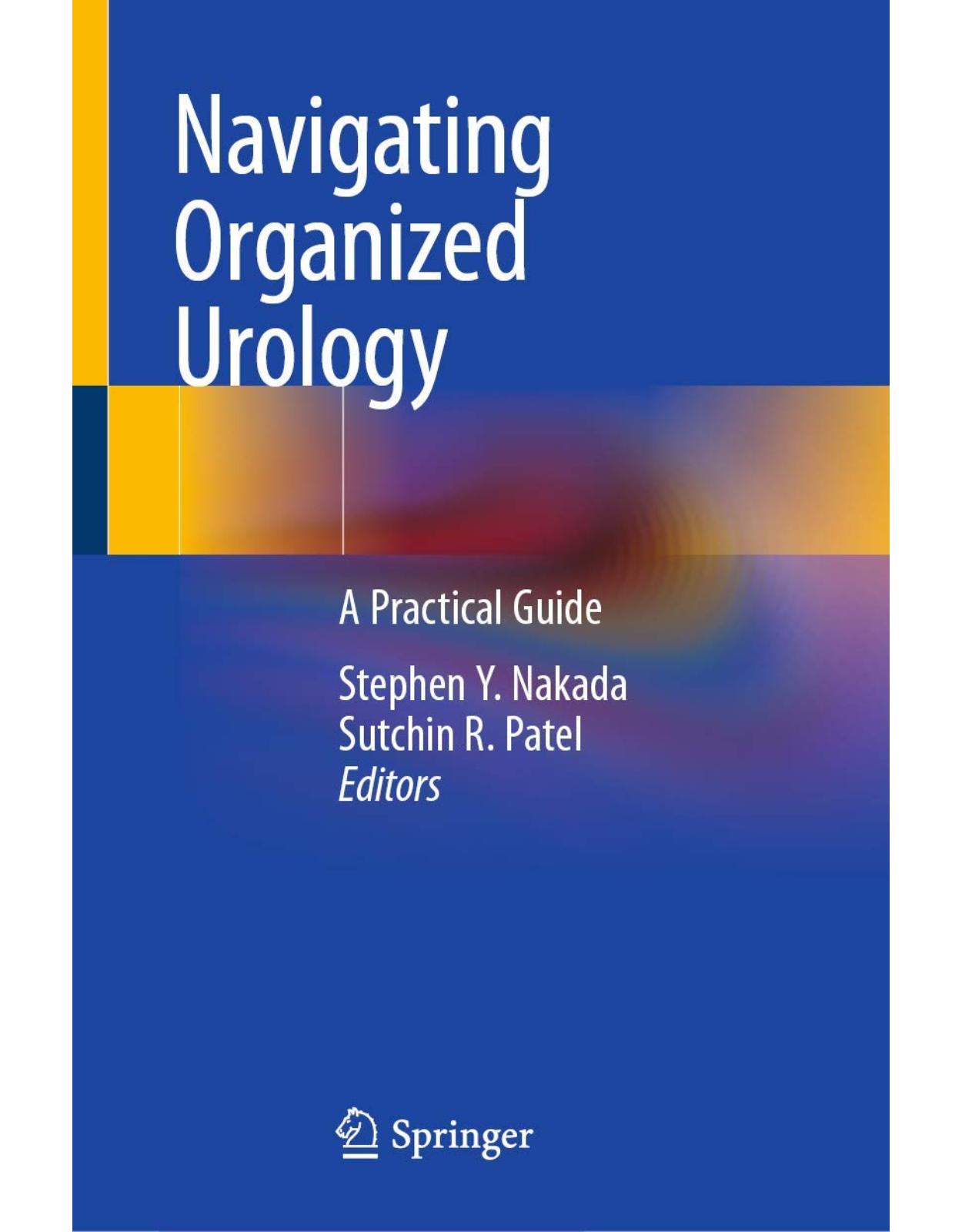
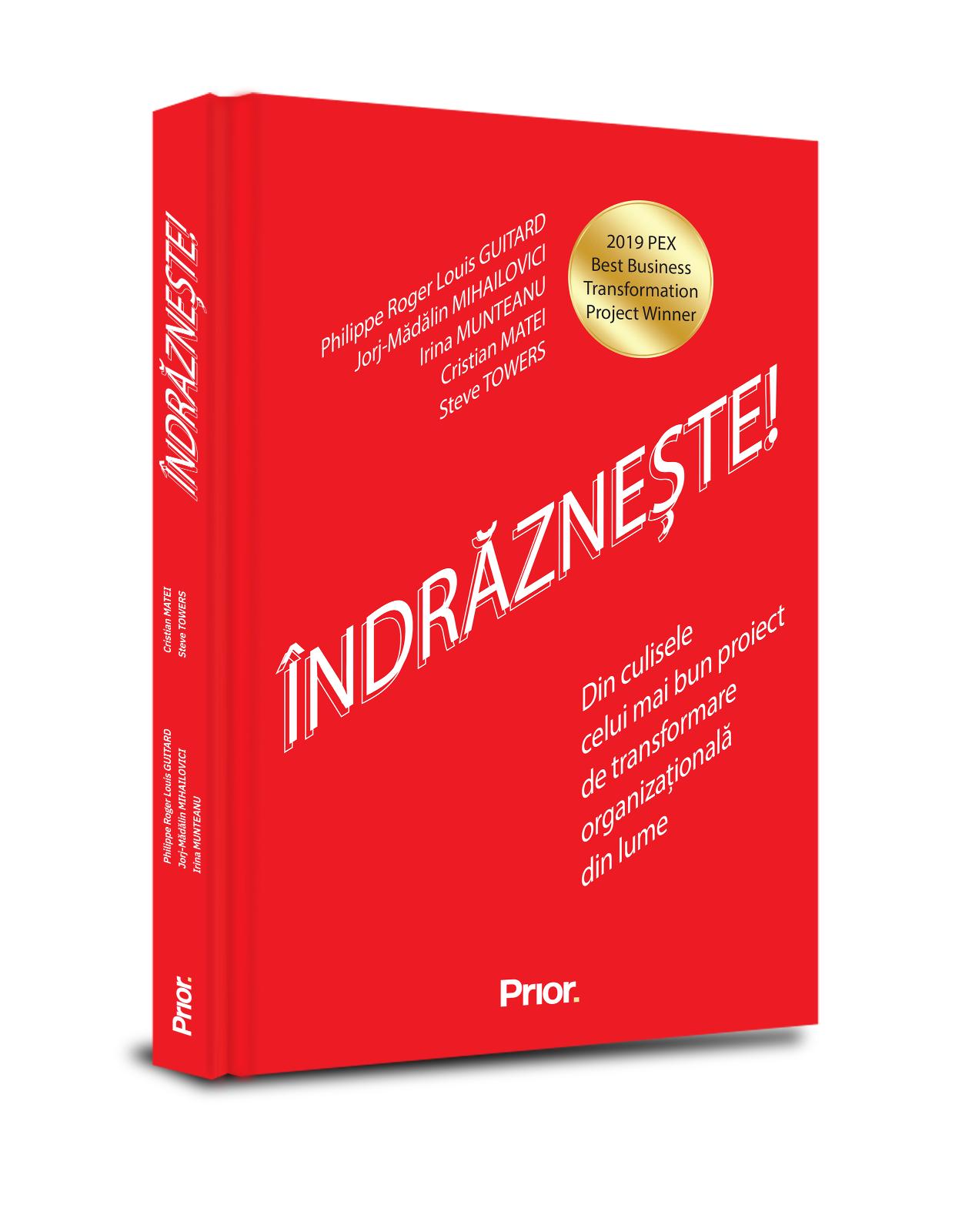

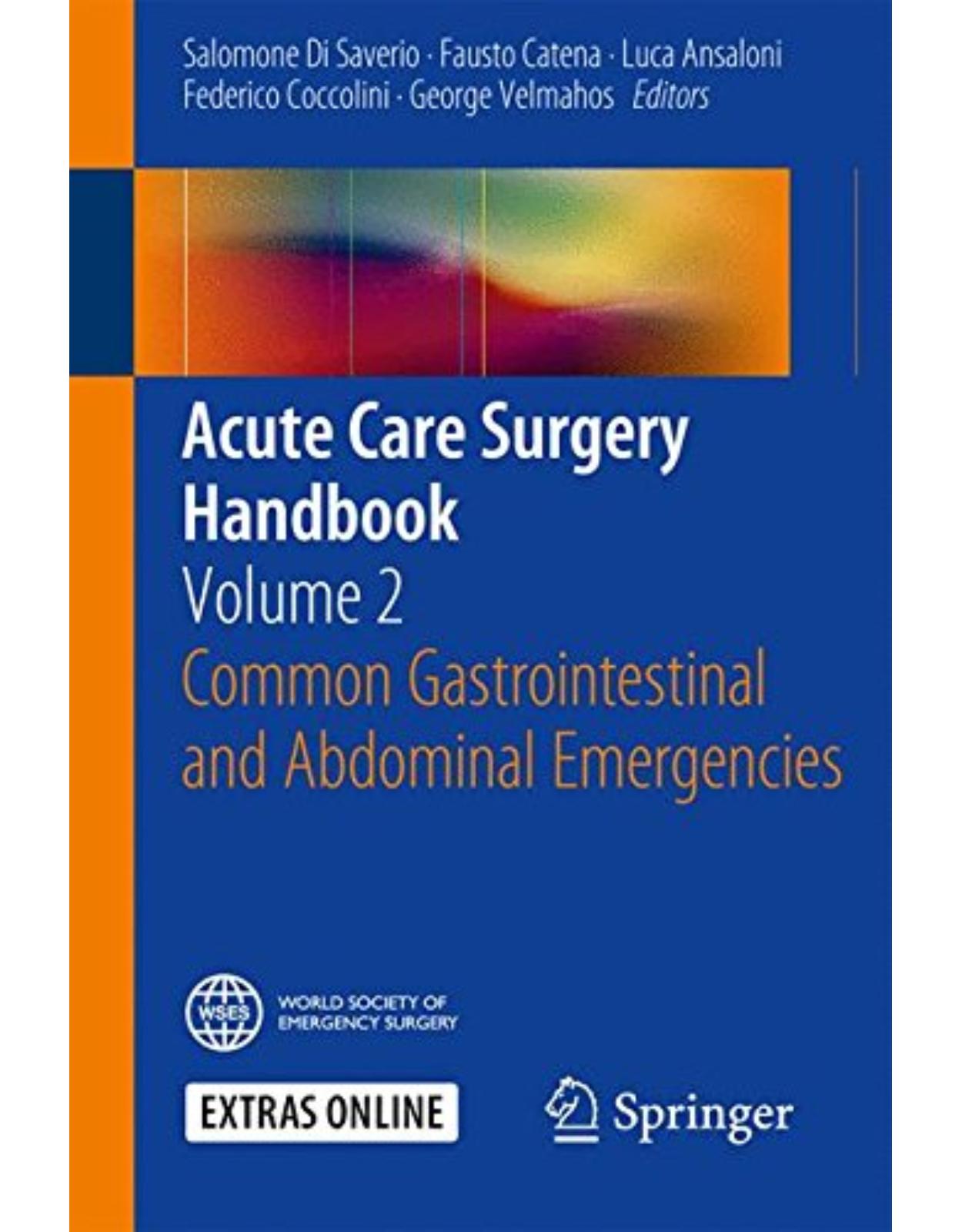
Clientii ebookshop.ro nu au adaugat inca opinii pentru acest produs. Fii primul care adauga o parere, folosind formularul de mai jos.